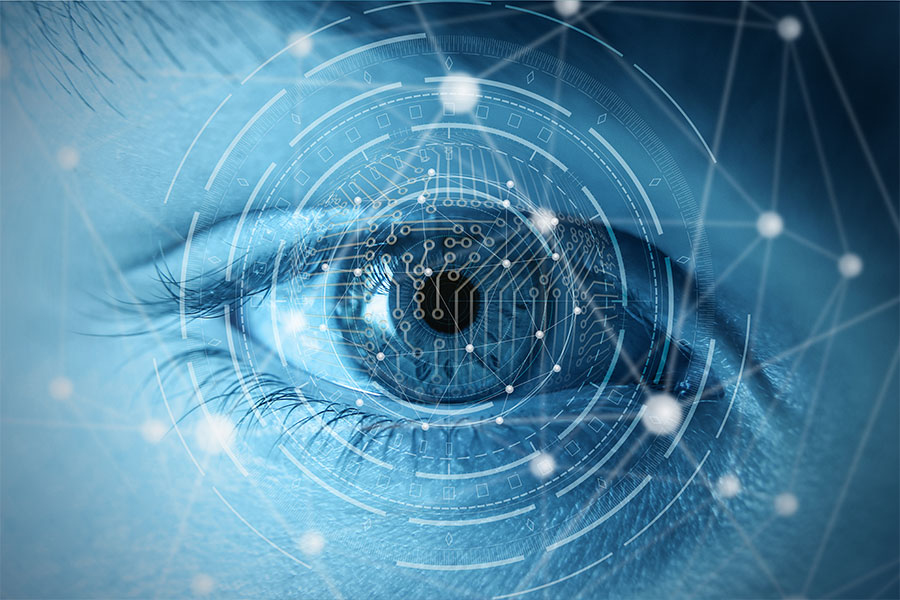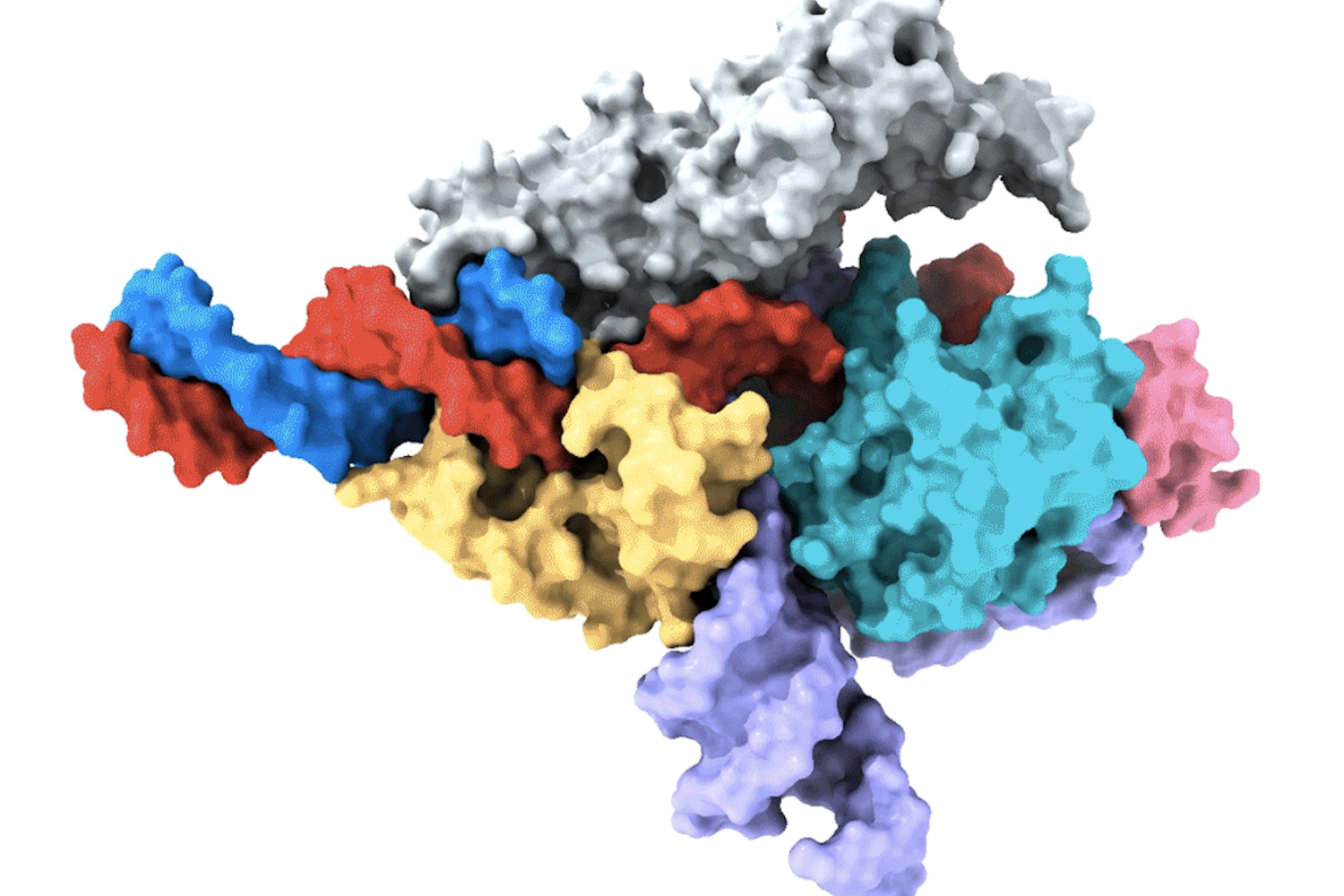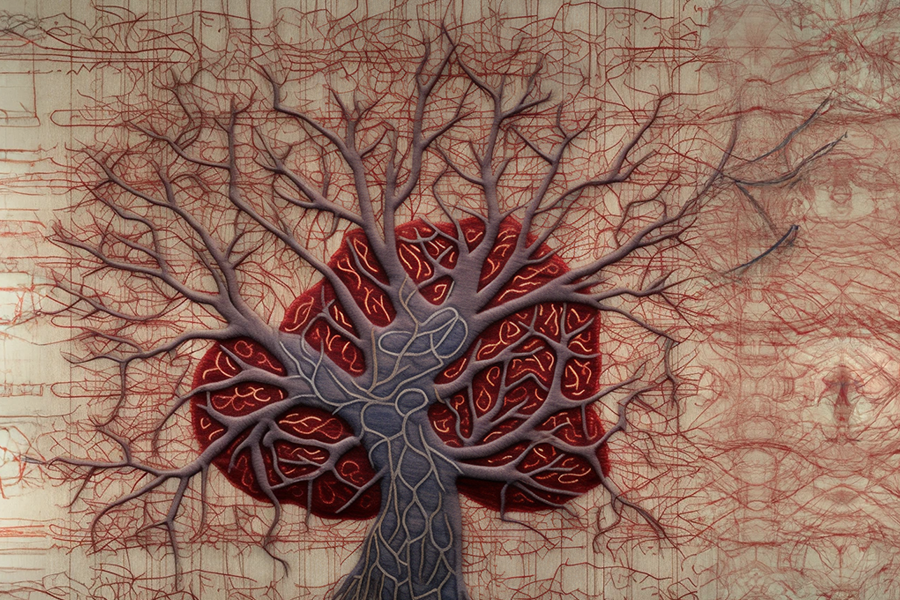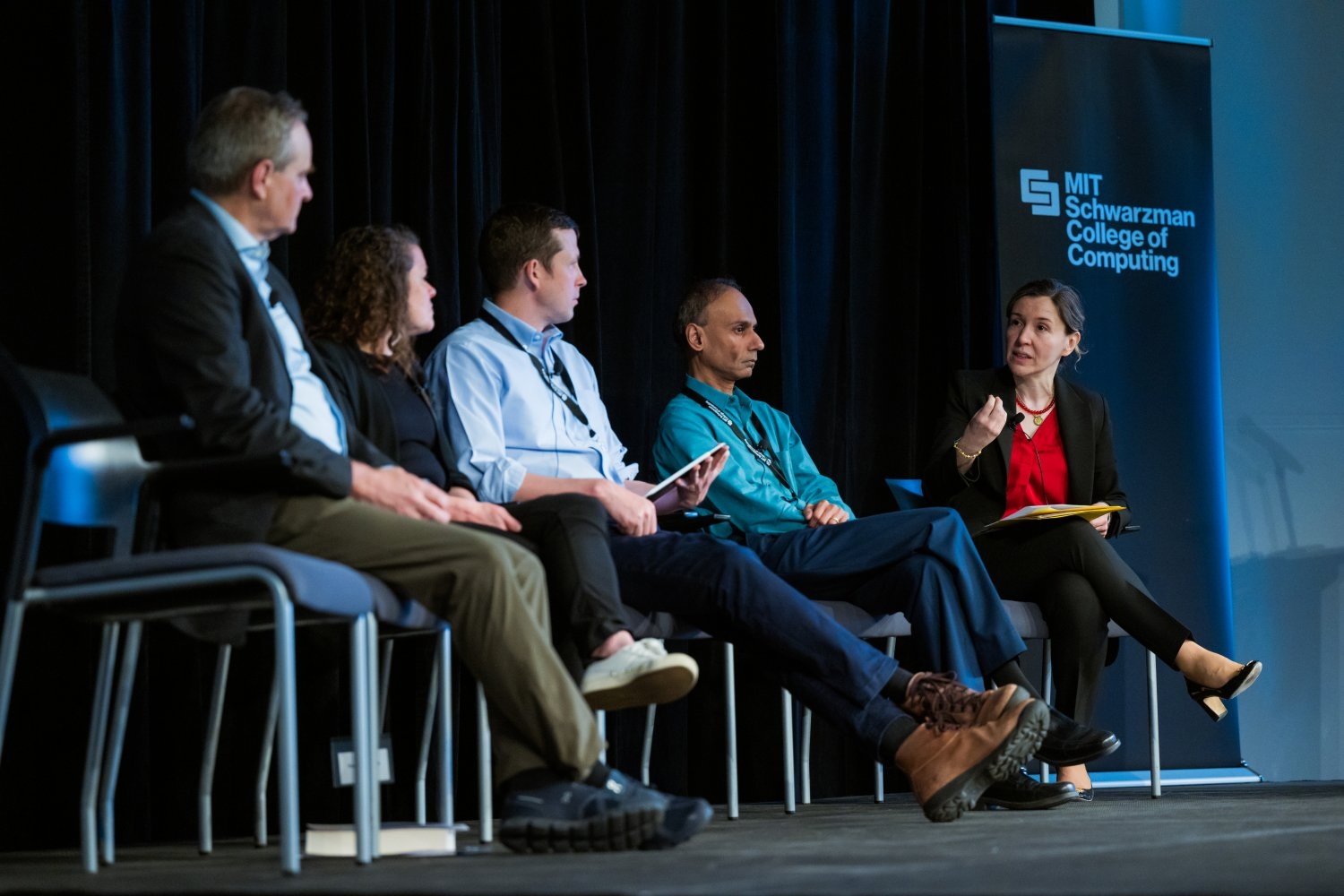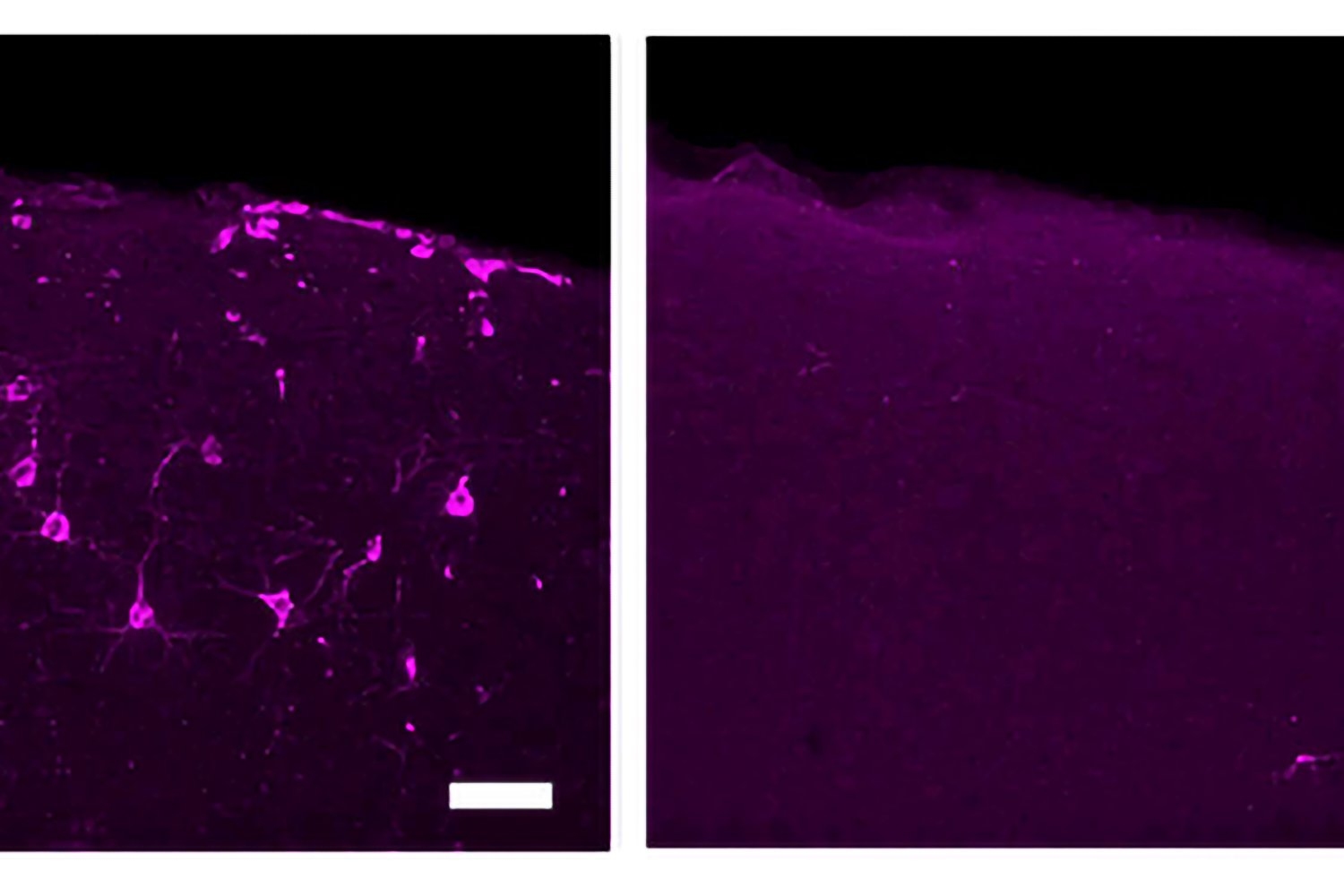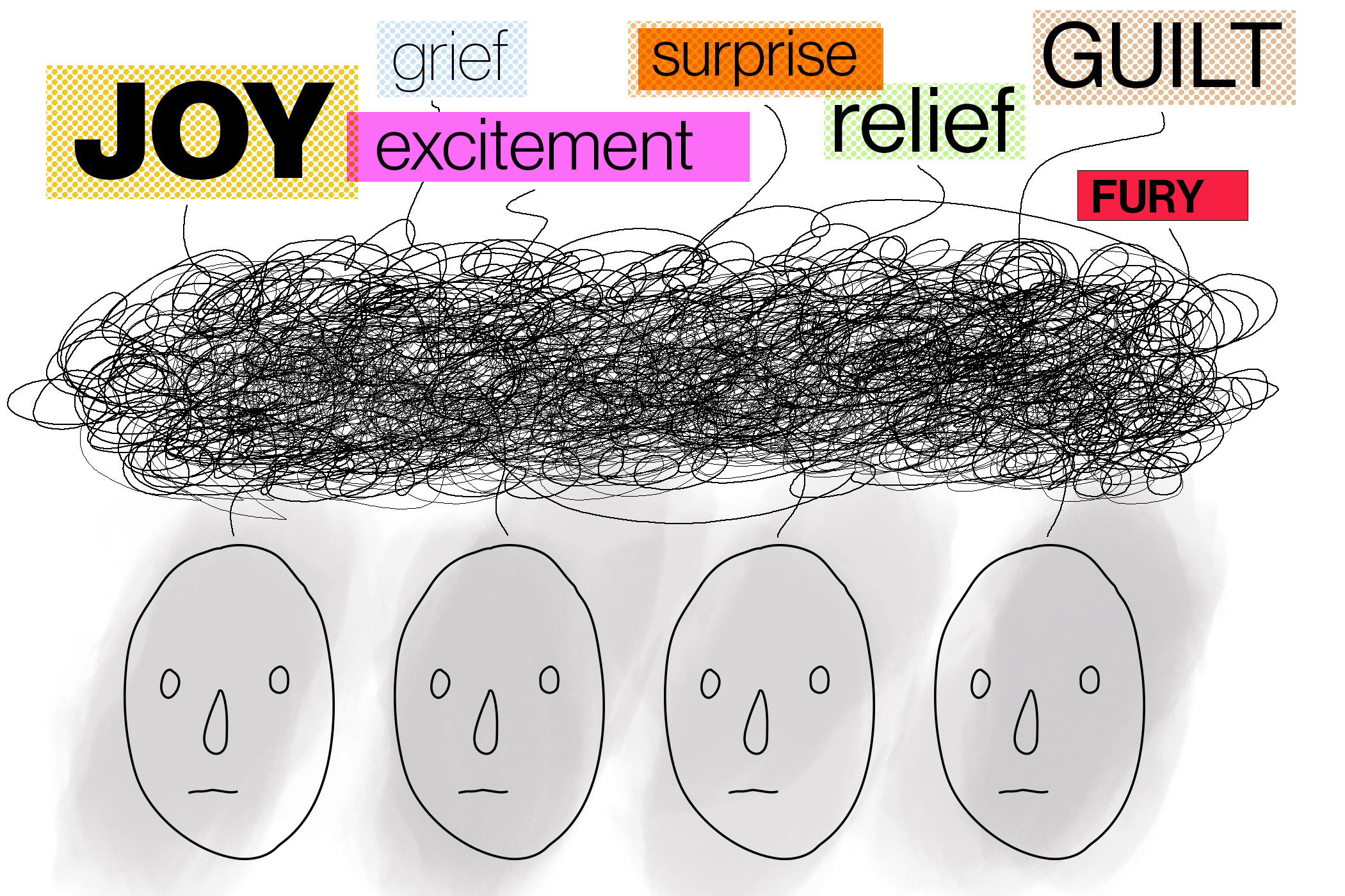Researchers uncover a new CRISPR-like system in animals that can edit the human genome
The first RNA-guided DNA-cutting enzyme found in eukaryotes, Fanzor could one day be harnessed to edit DNA more precisely than CRISPR/Cas systems.
June 28, 2023 • ~7 min
Without a key extracellular protein, neuronal axons break and synaptic connections fall apart
Scientists find a protein common to flies and people is essential for supporting the structure of axons that neurons project to make circuit connections.
June 23, 2023 • ~7 min
Atlas of human brain blood vessels highlights changes in Alzheimer’s disease
MIT researchers characterize gene expression patterns for 22,500 brain vascular cells across 428 donors, revealing insights for Alzheimer’s onset and potential treatments.
June 21, 2023 • ~17 min
Bringing the social and ethical responsibilities of computing to the forefront
The inaugural SERC Symposium convened experts from multiple disciplines to explore the challenges and opportunities that arise with the broad applicability of computing in many aspects of society.
June 8, 2023 • ~12 min
40 Hz vibrations reduce Alzheimer’s pathology, symptoms in mouse models
Tactile stimulation improved motor performance, reduced phosphorylated tau, preserved neurons and synapses, and reduced DNA damage, a new study shows.
June 5, 2023 • ~7 min
/
64

